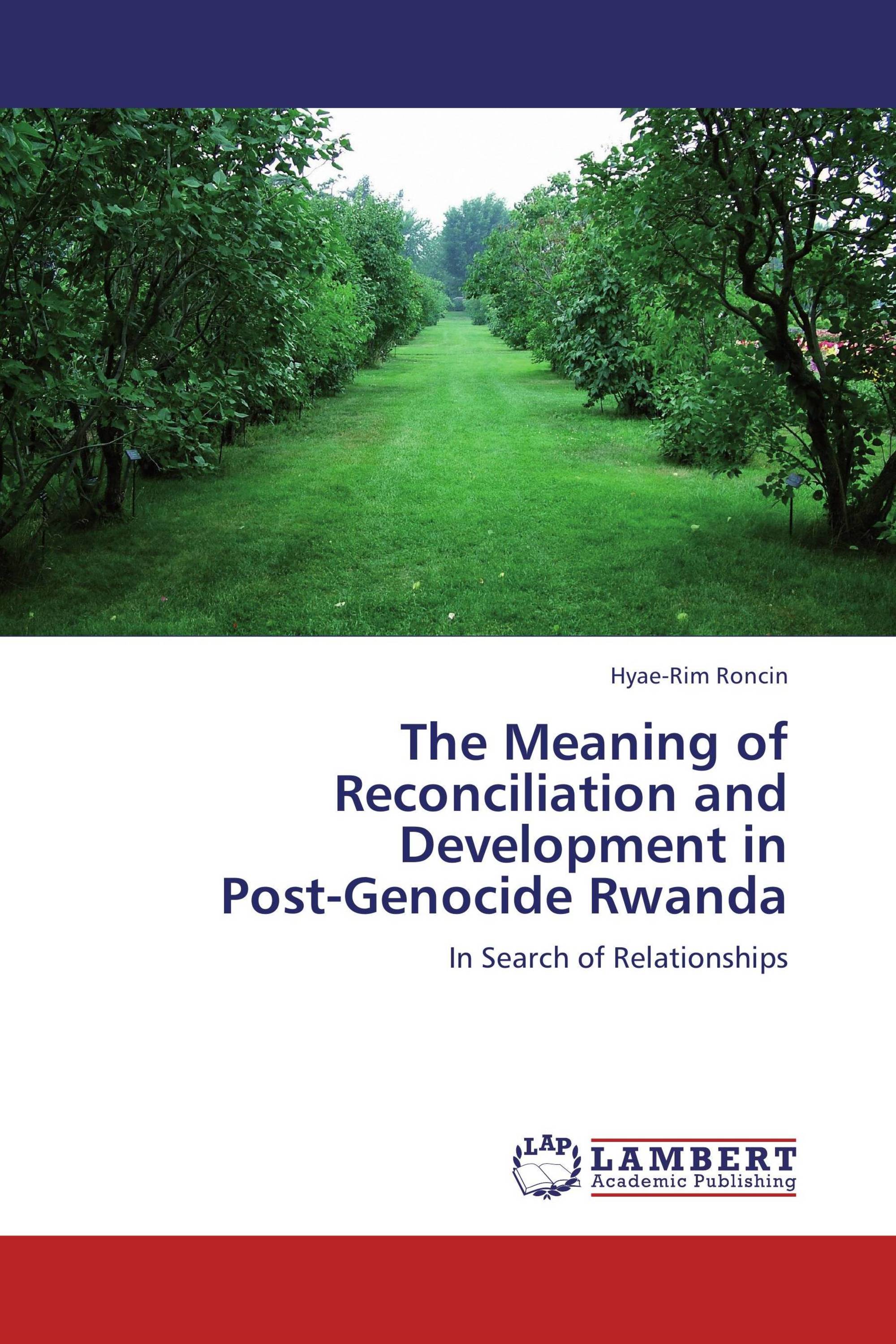The Meaning of Reconciliation and Development in Post-Genocide Rwanda
In Search of Relationships
€ 59,00
When the characteristic of mass violence is primarily intrastate rather than interstate in nature, as was the case during the 1994 Rwandan genocide, geographical separation among conflicting groups is not always a viable solution. In such cases, reconciliation can present a way to recuperate and rebuild broken relationships amongst former adversaries. Reconciliation itself, however, is not a general concept or set of rules to be equally applied towards different groups or countries. This thesis is centered on a key question: what are the meanings of reconciliation and development in post-genocide Rwanda, and how are they related? To examine this relationship, three possible connections are conceptualized: social healing and community development, reparations and economic development, and shared views on history and political development. This research contends that in a post-conflict setting, development without reconciliation is an incomplete process.
Book Details: |
|
|
ISBN-13: |
978-3-8465-2203-5 |
|
ISBN-10: |
3846522031 |
|
EAN: |
9783846522035 |
|
Book language: |
English |
|
By (author) : |
Hyae-Rim Roncin |
|
Number of pages: |
144 |
|
Published on: |
2011-10-05 |
|
Category: |
Development theory and development policy |
